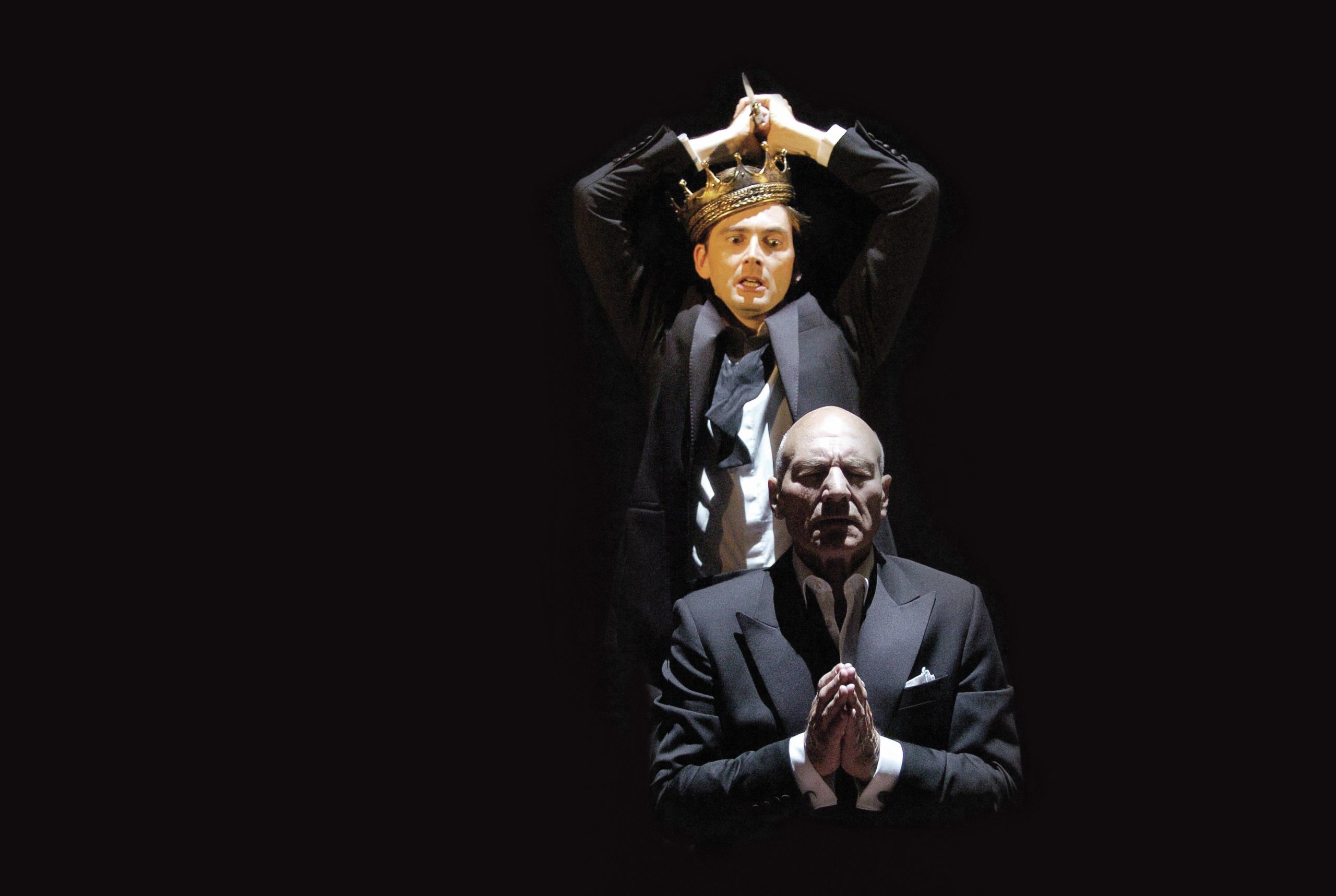
Hamlet is an A2 text on WJEC, is relevant to the AQA B Tragedy paper, and is widely studied as a coursework text
William Empson, in Essays on Shakespeare (1986), tells us that the Hamlet story was ‘a much laughed-at old play’ by the time Shakespeare composed his version of the myth. ‘It was thought absurdly theatrical…the objection is not against melodrama, which they liked well enough, but against delay. You had a hero howling out “Revenge” all through the play, and everybody knew that the revenge wouldn’t come until the end.’ Far from disdaining such apparent weaknesses, Shakespeare, in Hamlet, transmutes genre cliché and metatheatrical farce into a suggestion of existential absurdity, and adapts a wearied sense of a predictable outcome into pressing metaphysical anxieties about the competing claims of fortune and providence. Following Dr Johnson’s observation in his Preface to Shakespeare (1765) that Shakespeare’s plays are ‘not in the rigorous and critical sense either tragedies or comedies’, but ‘mingled drama’, we could see farce in Hamlet as a particular form of tragedy.
Your organisation does not have access to this article.
Sign up today to give your students the edge they need to achieve their best grades with subject expertise
Subscribe




